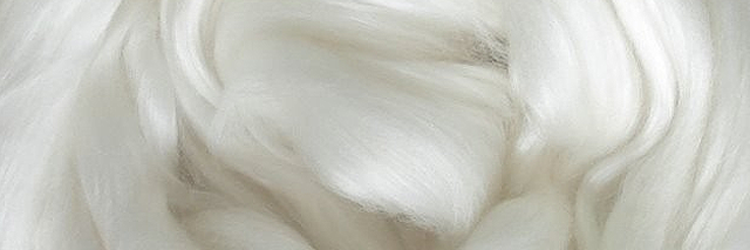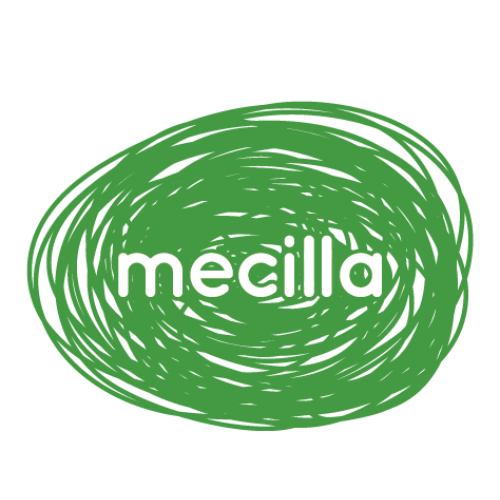Sustainable Fibres
Sustainable fibre is fibre planted with the goal of making a system which can be supported indefinitely in terms of environmental and social impact they may have throughout the total life span: The growth, harvest, manufacture, transport, post purchase use and disposal. We consider the responsibility of the designer to work towards sustainability, even before the product life cycle begins, as an idea at the core of our sustainable design philosophy.
There are many factors when considering the sustainability of a material. The renewability and source of a fibre, the process of how a raw fibre is turned into a textile, the working conditions of the people producing the materials, and the materials total carbon footprint. These principles often overlook the most important point: Function. At Mecilla we also must consider the function of the product and its suitability to fulfil its purpose as a clothing item.
It’s no good being eco friendly if you can’t wear it, if it’s uncomfortable or looks naff.
We take a holistic approach to eco textiles selection that takes into account the impact of the fabric AND its look and feel. This is the secret of Mecilla’s success, and perhaps an indication why eco fashion has stalled for so long.
Generally we like to work with Natural fibres for our products. Natural fabrics are softer, more comfortable and kind to skin.
Here's a few we use right now:
Organic Cotton

The best textile for casualwear and the most popular textile product in the world is cotton. It is the most valuable non-food agricultural product, but due to the history of unethical labour practises, extremely hazardous chemical inputs and devastating water misuse, it has been labelled as the world's “dirtiest” crop. Mecilla is actively supporting the growth and expansion of organic cotton farming, which (when certified by a recognised body), can guarantee ethical labour practises and improve the quality of the environment. The vast majority of our products are made from certified organic cotton. Furthermore, new product lines are being introduced that contain organic-in-conversion cotton and preorganic cotton, thus helping conventional cotton farmers in the crucial period of transition to organic agriculture.
Bamboo Viscose

As soft as silk, half the price and fast-growing without water, pesticides or fertilisers, Bamboo textiles have lots of potential as a sustainable textile, not to mention the softness and kind-to-skin properties that make them feel amazing: Bamboo clothing can be breathable, naturally anti-bacterial and hypoallergenic. It’s one of earth’s most sustainable resources, but as a textile there’s a gulf between the sustainability of Bamboo as a crop, and the sustainability of the way it is processed. We make sure our bamboo comes from a traceable, ethically accredited source and is processed according to specific environmental guidelines.
Hemp

Hemp is one of the most environmentally friendly and versatile natural textile plants on Earth - and one of the first textile plants in human history. Hemp is incredibly strong, requires no herbicides as it grows so fast that weeds can't compete. It requires no pesticides as it is unpalatable to insects, and needs very little water to grow. It is UV protective and anti-bacterial. You can use it for rope, bags, clothes, hats, insulation, and plasterboard, almost anything. The first American flag was made from hemp, and Levi Strauss made his first pair of jeans from Hemp too. Hemp is a bit of a legend, a tough, rugged fibre and quite probably the most sustainable textile fabric there is. Unfortunately, it has been overtaken by cotton which is softer. We use it for rugged outerwear and blended in with socks and leggings.
Tencel Lyodell

Tencel Lyocell is produced exclusively from the wood pulp of Eucalyptus trees certified by the Forestry Stewardship Council (FSC), and the fibre carries the Pan-European Forest Council (PEFC) quality seal. Eucalyptus is woody and therefore needs energy input to convert it into a soft fibre, suitable for clothing. The Eucalyptus is reduced down then reformed into a spin-able fibre. This is done in a process with similar principles as other semi-synthetic natural fibres, such as Viscous bamboo fabric, but importantly the Lyocell process used to make Eucalyptus is much more benign and eco-friendly. It is simply the most environmentally friendly man made cellulosic fibre available today.
Recycled PET

Recycled polyester clothing is potentially an incredibly sustainable material due to its Cradle-to-cradle potential: this means a plastic bottle could be recycled to make an item of clothing, which could be recycled to make a plastic bottle, and so on – forever. The reality is that few facilities exist to do this, the transport distance between the user and the recycler is often massive and the suitability of recycled PET as a next-to-skin textile is not as soft or breathable as natural fabrics. C2C sustainability is a worthwhile concept and recycled PET must form part of the solution - certainly for details like buttons and zips and for garments that require a hard wearing finish that natural textiles cannot provide, such as caps, surf shorts and rain jackets.
